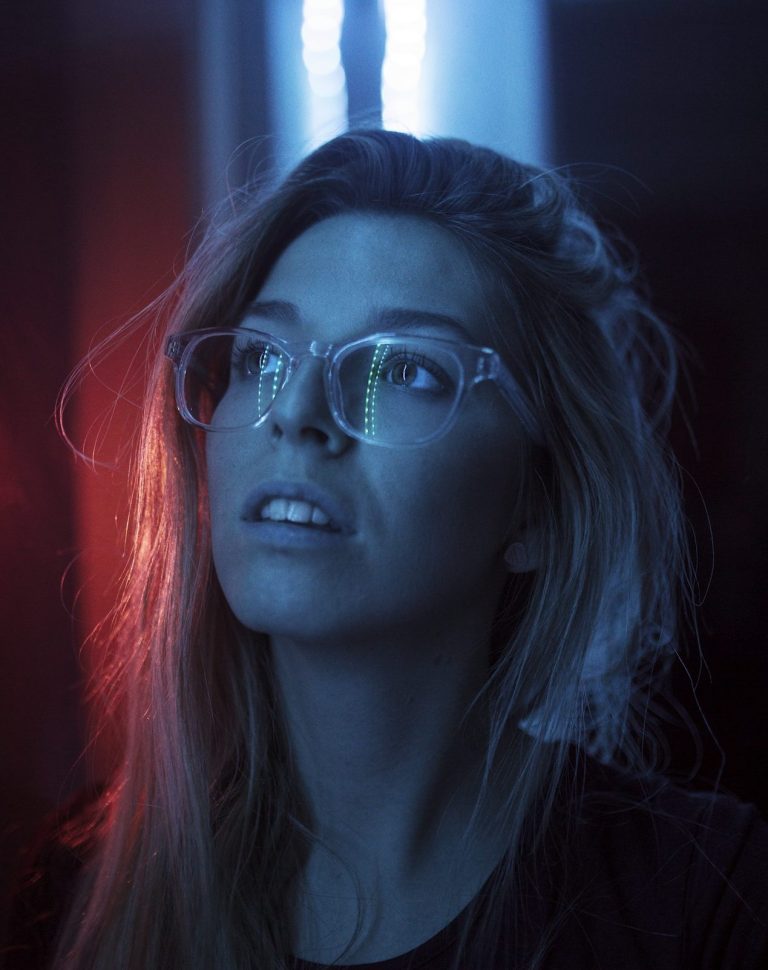About Us
The My Sweet Sister Sadie Foundation is dedicated to empowering disadvantaged women in the performing and literary arts by creating opportunities for expression, mentorship, and professional development. Our mission is to uplift voices that have systematically been underrepresented, providing a platform where creativity, culture, and community intersect.
Through grants, workshops, and collaborative events, we foster a nurturing space for women to share their stories, develop their talents, and thrive in artistic fields. Inspired by the legacy of sisterhood and resilience, the foundation strives to build an inclusive arts landscape where every woman’s narrative can shine.

Katherine St. Rose
Katherine St.Rose is a seasoned screenwriter, producer, and motivational speaker with over 20 years of experience in the Film and Entertainment industries. Her extensive background includes developing compelling screenplays, producing impactful films, and empowering audiences through her speakership.
Katherine is especially passionate about guiding and uplifting minority women, helping them navigate and succeed in the often-challenging entertainment world. Her work not only highlights diverse voices but also equips aspiring creatives with the tools, confidence, and industry insights needed to thrive and make their mark in film and media.

Cazzmere DeAngeline
Cazzmere De Angeline is an accomplished singer/songwriter and film composition composer with a lifetime dedicated to the craft of music and storytelling through sound. Her vast experience includes extensive travel as an international entertainer, where she has captivated audiences with her soulful performances and musical artistry.
Cazzmere’s work in film composition has made her a respected figure in the Film and Entertainment community, where she not only creates powerful scores but also shares her expertise and deep industry knowledge. Known for her professionalism and mastery, she guides emerging talents with insight drawn from her rich, global journey in music and entertainment.
Empowering Minority Women Through
the Performing & Literary Arts
FILM
Women have made significant contributions to the film industry across various genres, including science fiction, paranormal cinema, and UFO-related storytelling. Their work often brings nuanced perspectives, challenging dominant narratives by introducing themes of identity, otherness, and cultural perspectives that are often overlooked in mainstream media. Let’s explore their impact with specific examples from each genre.
1. Science Fiction: Amplifying Intersectional Voices
Women in sci-fi often push the boundaries by questioning who belongs in the future and centering marginalized identities. They tend to explore themes like oppression, freedom, and alternative ways of being, which resonate deeply with audiences that feel excluded by traditional portrayals of futurism.
Example:
Ava DuVernay – “A Wrinkle in Time” (2018)
- Ava DuVernay became the first Black woman to direct a film with a budget exceeding $100 million. Although A Wrinkle in Time is a children’s fantasy and sci-fi film, it carries deep themes of interdimensional travel, personal empowerment, and the significance of inner light.
- The film emphasizes inclusion, with the protagonist Meg Murry, a biracial girl, embarking on a cosmic adventure to rescue her father. DuVernay’s work reflects how women of color can reshape the sci-fi genre to prioritize diversity and emotional depth, illustrating that young women of color belong in both stories and futures of the speculative world.
2. Paranormal Cinema: New Perspectives on Fear and Mystery
The paranormal genre typically explores human fears, cultural taboos, and the unknown. Minority women often bring unique cultural frameworks to these stories, reflecting the spiritual practices, folklore, and anxieties rooted in their communities. This introduces a much-needed diversity in the portrayal of the supernatural, beyond Eurocentric ghost stories.
Example:
Issa López – “Tigers Are Not Afraid” (2017)
- Issa López, a Mexican filmmaker, created this haunting blend of supernatural horror and social realism. The film follows children orphaned by cartel violence, who are guided by ghostly apparitions on their journey to safety.
- López's approach redefines paranormal cinema by blending the supernatural with social issues, such as poverty and violence in Mexico. Her work demonstrates how women of color can craft horror narratives that not only evoke fear but also inspire empathy and awareness of societal trauma.
3. UFO Phenomena: Challenging Mainstream Alien Narratives
In narratives surrounding UFOs and extraterrestrial phenomena, minority women are increasingly involved in interrogating the ideas of the “alien” and “other.” Their work often challenges the implicit colonial undertones of UFO narratives, which have traditionally reflected fears of invasion and conquest.
Example:
Jordan Peele and Keke Palmer – “Nope” (2022)
- While directed by Jordan Peele, Nope stars Keke Palmer as Emerald Haywood, a young woman determined to uncover the truth behind a UFO lurking in the skies above their ranch. Palmer’s character brings humor, resourcefulness, and tenacity to the story, which subverts typical UFO tropes.
- The film critiques the exploitative nature of spectacle and how marginalized communities are excluded from mainstream narratives. Palmer’s performance elevates the genre by adding a distinctly Black experience to the conversation about who gets to tell stories about encounters with the unknown.
Women in sci-fi, paranormal films, and UFO narratives challenge conventions by exploring themes of identity, belonging, and social justice. Their work enriches these genres, making them more inclusive and culturally relevant. Whether through Ava DuVernay’s exploration of cosmic journeys, Issa López’s socially charged ghost stories, or Keke Palmer’s portrayal of complex UFO encounters, these artists ensure that diverse voices shape the future of storytelling.



LITERATURE
Women have been making significant contributions to literature across many genres, especially in sci-fi, the paranormal, and the study of UFO phenomena. Their work is often infused with unique perspectives shaped by their cultural backgrounds, lived experiences, and insights into identity, power, and marginalization. Let’s explore their impact in each genre along with key examples.
1. Science Fiction (Sci-Fi)
Women in sci-fi challenge mainstream narratives by reimagining futures through the lens of race, identity, and resistance. They often blend speculative elements with social critique, emphasizing themes such as decolonization, systemic oppression, and the possibilities of transformation.
Example:
- Octavia Butler – Butler is a cornerstone of Afrofuturism. In works like Kindred (1979) and Parable of the Sower (1993), she uses time travel and dystopian futures to explore systemic racism, slavery, and human survival. Her influence opened the doors for conversations about the intersection of race, gender, and speculative storytelling.
Impact:
- Butler’s works have inspired generations of writers to explore marginalized experiences through sci-fi. Authors like N.K. Jemisin and Nnedi Okorafor have built on this foundation, integrating African and Black diaspora elements into speculative worlds.
2. The Paranormal
Women have enriched the paranormal genre by adding folklore, ancestral magic, and indigenous belief systems that are often overlooked in mainstream Western depictions of the supernatural. Their stories redefine what is considered "paranormal," blending cultural myths with contemporary storytelling.
Example:
- Silvia Moreno-Garcia – Her novel Mexican Gothic (2020) redefines the haunted house trope by setting it in 1950s Mexico. The book incorporates elements of Mexican history and explores themes of colonization, racism, and patriarchal oppression while delivering a chilling gothic horror narrative.
Impact:
- Moreno-Garcia's work has opened space for Latin American voices in horror and paranormal fiction, influencing others to explore their cultural heritage within eerie, magical, or supernatural frameworks.
3. The Study of UFO Phenomena
Women in the study of UFO phenomena often bring an intersectional perspective that challenges dominant narratives centered on Western, military-industrial accounts of extraterrestrial contact. They highlight cultural and spiritual interpretations of encounters, often neglected in mainstream UFOlogy.
Example:
- Lesley-Ann A. Brown – A writer and cultural critic, Brown’s essays explore the intersections of UFO phenomena with colonial history, indigenous storytelling, and personal liberation. Though not a traditional UFOlogist, her work reframes extraterrestrial encounters as metaphors for escape from oppressive systems.
Impact:
- Brown and other thinkers from marginalized backgrounds are shifting the discourse in UFO studies toward more inclusive narratives. Their work encourages a broader understanding of contact phenomena that accounts for diverse spiritual, cultural, and historical interpretations.
These writers and thinkers have significantly enriched their respective genres, adding layers of depth by incorporating non-Western traditions, marginalized histories, and critical perspectives on power and identity. Through their contributions, they broaden the imaginative possibilities of these genres and challenge existing structures in the literary world.



Pages Written, Stages Played—Legacies Never Fade.
We need your consent to load the translations
We use a third-party service to translate the website content that may collect data about your activity. Please review the details in the privacy policy and accept the service to view the translations.